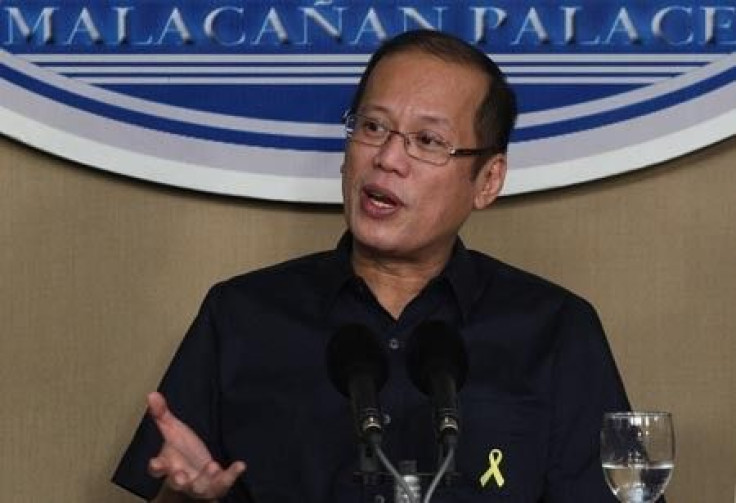Philippines Seeks to Turn Around Economy From 40 Yrs of Underperformance

The Philippines is seeking to turn around its economy from decades of subpar performance.
The country has underperformed other developing countries in its region for the last 40 years, stated the Asian Development Bank.
The ADB cited weak investment climate, low spending in social sectors, and weak governance as reasons for the underperformance.
ADB’s Southeast Asia Director General Kunio Senga elaborated that “weak governance and corruption continue to pose a huge challenge to inclusive and sustainable growth.”
From 2011 to 2016, however, the Philippines and its current governing administration are determined to turn things around.
A detailed plan of the six-year reforms can be found here.
The reforms will include “improving transparency and accountability in governance, strengthening the macroeconomy, boosting the competitiveness of industries, facilitating infrastructure development, strengthening the financial sector and capital mobilization,” and other goals.
In additional to stronger overall economic growth, the Philippines will try to target “inclusive” growth that benefits all people, especially the poor.
The ADB, in support of the Philippines’ reform efforts, will provide the country with almost $3.8 billion in loans during the six-year period to achieve those goals.
The World Bank, which also approves of the Philippines’ reform efforts, will loan the country $2.6 billion for 18 projects in water and sanitation, health, education, and disaster management and $933 million for investment in power, finance and insurance, utilities, health care, and other sectors.
© Copyright IBTimes 2024. All rights reserved.











